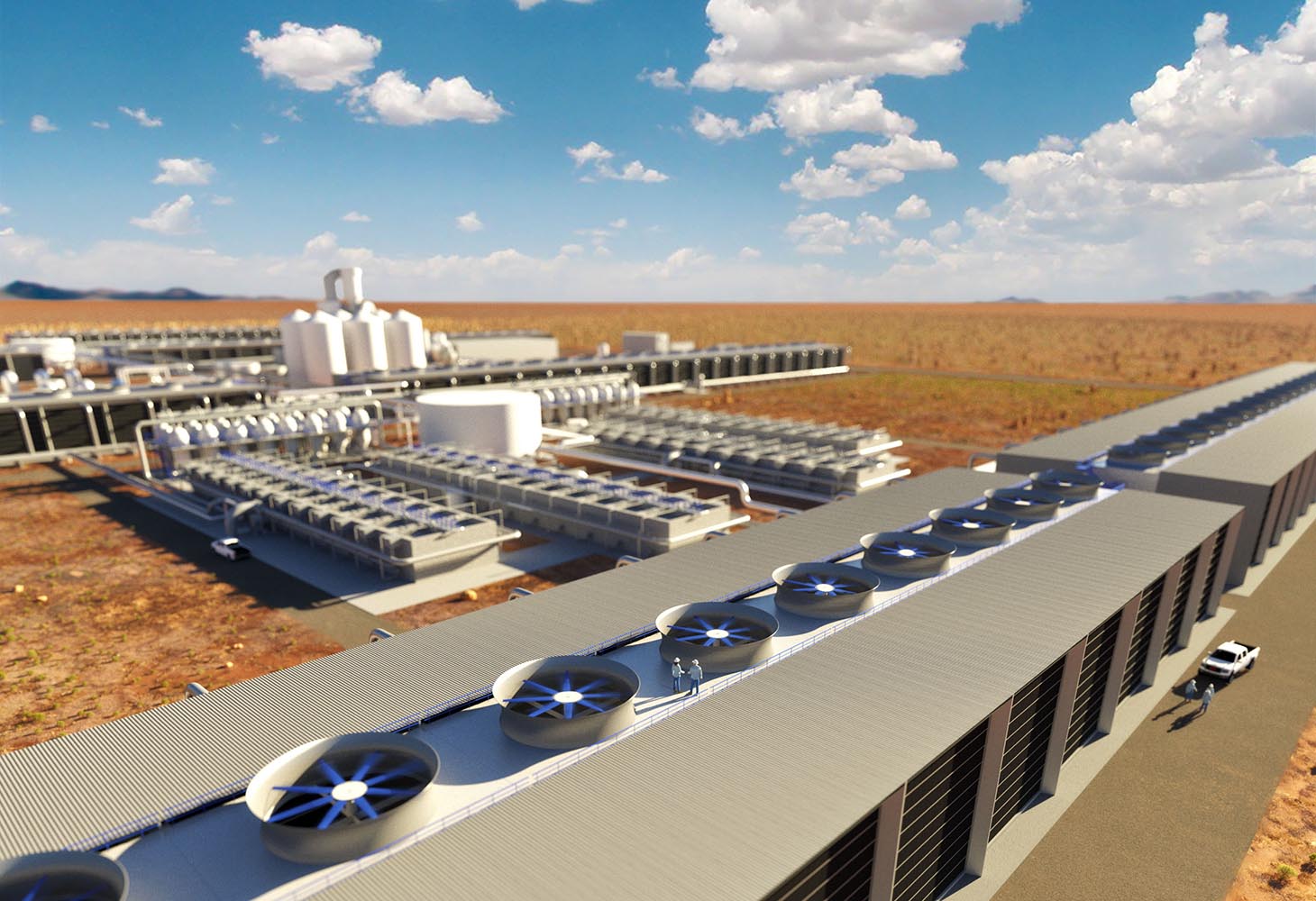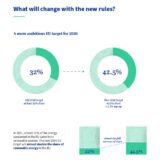
DOE to invest USD1.2 billion in 2 direct air capture facilities
The U.S. Department of Energy (DOE) has unveiled an investment of up to USD1.2 billion to foster the growth of two commercial-scale direct air capture (DAC) facilities in the states of Texas and Louisiana. This initiative, a first of its magnitude in the U.S., is a part of the Regional Direct Air Capture Hubs program, funded by the Bipartisan Infrastructure Law. The program’s vision is to establish a broad network of large-scale carbon removal sites to tackle existing carbon dioxide (CO2) pollution, complementing swift emission reductions.
Carbon dioxide emissions are exacerbating climate change, leading to extreme weather patterns and posing threats to global public health and ecosystems. The newly announced hubs aim to ensure significant community and labor involvement, aligning with the President’s Justice40 Initiative. Collectively, these projects are anticipated to extract more than 2 million metric tons of carbon dioxide from the atmosphere annually. This is comparable to the yearly emissions from about 445,000 gasoline-driven vehicles. Moreover, the projects are expected to generate 4,800 jobs in Texas and Louisiana.
U.S. Secretary of Energy, Jennifer M. Granholm said, “Merely reducing our carbon emissions won’t counteract the escalating impacts of climate change. We must also extract the CO2 we’ve already released into the atmosphere. This is vital for a net-zero global economy by 2050.”
Direct air capture is a technique that isolates CO2 from the air, reducing the existing CO2 in the atmosphere. The extracted CO2 can then be securely stored underground or transformed into carbon-based products like concrete, preventing its re-release.
The two selected DAC hubs are:
1. Project Cypress (Calcasieu Parish, Louisiana): Collaborating with Climeworks Corporation and Heirloom Carbon Technologies, Battelle aims to capture more than one million metric tons of CO2 from the atmosphere annually for permanent underground storage. Battelle is the largest, private, non-profit research and development organization in the world. Battelle began managing national laboratories for the Department of Energy (DOE) in 1965 and now has a role in managing eight DOE labs and one for the Department of Homeland Security.
2. South Texas DAC Hub (Kleberg County, Texas): 1PointFive and its partners, Carbon Engineering Ltd. and Worley, plan to develop a DAC facility designed to remove up to one million metric tons of CO2 annually. 1PointFive is a carbon capture, utilization and sequestration (CCUS) platform that is a wholly owned subsidiary of Occidental, an international energy company with assets primarily in the United States, the Middle East and North Africa. Occidental is one of the largest oil producers in the U.S., including a leading producer in the Permian and DJ basins, and offshore Gulf of Mexico.
The DOE is committed to ensuring these projects benefit communities and advance the carbon capture, transport, and storage systems’ development. The hubs will also contribute to the U.S. President Joseph Biden’s Justice40 Initiative, which aims for 40% of the overall benefits of specific federal investments to reach disadvantaged communities.













